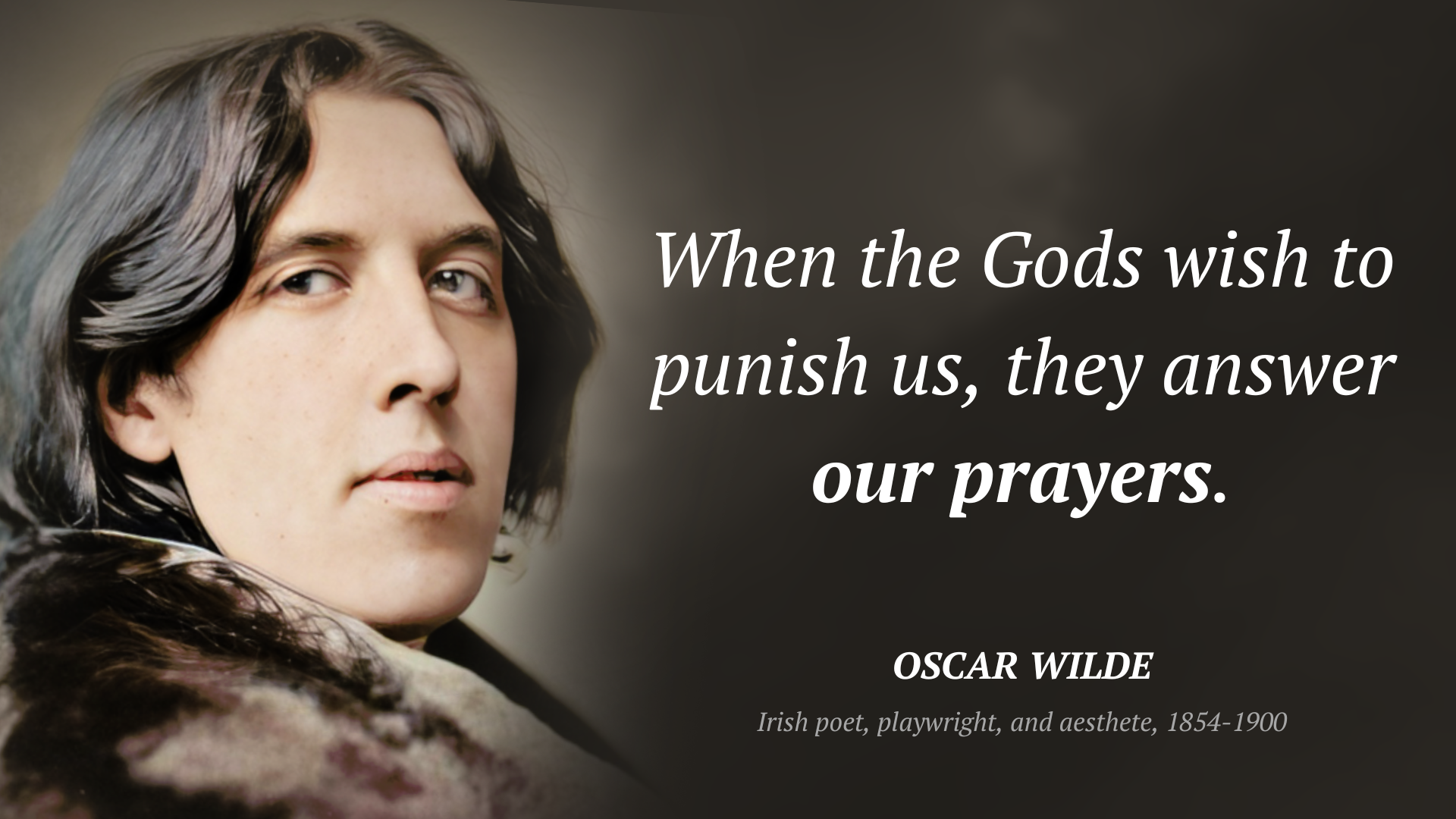Source: Dictionary of Burning Words of Brilliant Writers (1895), P. 465.
“God always punishes us for what we can't imagine.”
Source: Duma Key
Help us to complete the source, original and additional information
Stephen King 733
American author 1947Related quotes

To Colin Powell, then chairman of the Joint Chiefs of Staff, in the 1990s, on Bosnia, recounted in Madam Secretary (2003), p. 182
2000s

XIV. In what sense, though the Gods never change, they are said to be made angry and appeased.
On the Gods and the Cosmos
Context: If any one thinks the doctrine of the unchangeableness of the Gods is reasonable and true, and then wonders how it is that they rejoice in the good and reject the bad, are angry with sinners and become propitious when appeased, the answer is as follows: God does not rejoice — for that which rejoices also grieves; nor is he angered — for to be angered is a passion; nor is he appeased by gifts — if he were, he would be conquered by pleasure.
It is impious to suppose that the divine is affected for good or ill by human things. The Gods are always good and always do good and never harm, being always in the same state and like themselves. The truth simply is that, when we are good, we are joined to the Gods by our likeness to live according to virtue we cling to the Gods, and when we become evil we make the Gods our enemies — not because they are angered against us, but because our sins prevent the light of the Gods from shining upon us, and put us in communion with spirits of punishment. And if by prayers and sacrifices we find forgiveness of sins, we do not appease or change the Gods, but by what we do and by our turning toward the divine we heal our own badness and so enjoy again the goodness of the Gods. To say that God turns away from the evil is like saying that the sun hides himself from the blind.
“We are all on earth to help others. What on earth the others are here for, I can't imagine.”
Often cited as by Auden without attribution, this quotation has been traced to John Foster Hall (1867-1945), an English comedian known as the Reverend Vivian Foster, Vicar of Mirth. Full history with sound recording http://audensociety.org/vivianfoster.html
Misattributed

media conference call http://www.nationalreview.com/articles/215159/cindy-sheenan-without-internet-u-s-would-be-fascist-state/byron-york, August 11, 2005.
2005



